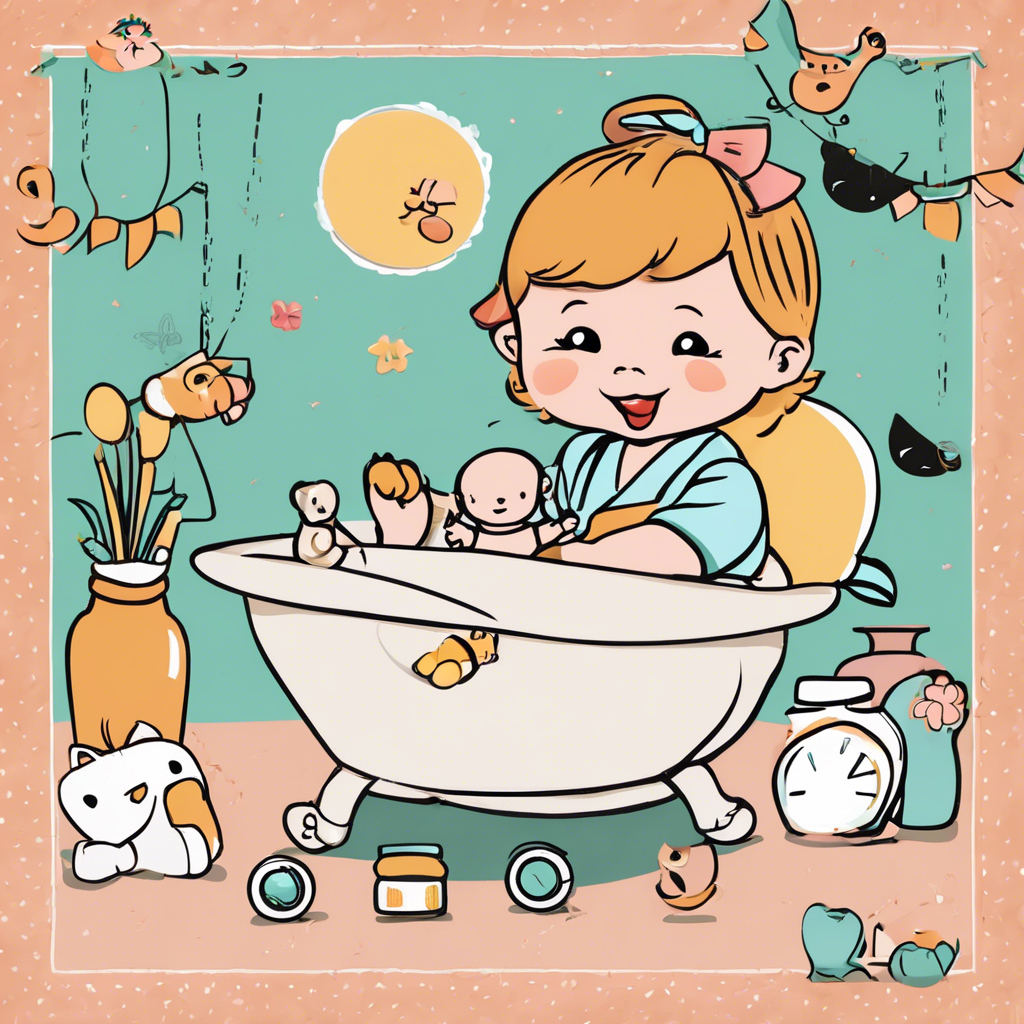Welcoming a new baby into the family is an exciting and life-changing experience, but it also comes with financial challenges. From diapers and clothing to medical expenses and childcare, the cost of raising a baby can add up quickly. However, with smart planning and practical strategies, parents can provide the best care for their little ones without overspending. Saving money on baby essentials doesn’t mean compromising on quality or safety. It means making informed choices, prioritizing needs over wants, and taking advantage of cost-effective options.
One of the most significant expenses for new parents is diapers. While disposable diapers are convenient, they can be costly in the long run. Cloth diapers, although requiring an upfront investment, can save parents hundreds of dollars over time. They are reusable, environmentally friendly, and come in various styles to suit different needs. Parents who prefer disposable diapers can still save money by purchasing in bulk, using coupons, and signing up for loyalty programs at major retailers. Additionally, joining parenting groups or online communities often provides access to diaper swaps and giveaways, further reducing expenses.
Baby clothing is another area where costs can quickly spiral out of control. Many parents are tempted to buy adorable outfits, but babies outgrow their clothes rapidly, sometimes within weeks. Instead of purchasing brand-new clothing at full price, parents can opt for second-hand stores, consignment shops, or online marketplaces. Many of these items are barely worn and available at a fraction of the original price. Another great way to save is by accepting hand-me-downs from family and friends. Hosting a baby clothing swap with other parents is also a fun and budget-friendly way to refresh a baby’s wardrobe.
Feeding a baby can also become expensive, especially if using formula. Breastfeeding is the most cost-effective option, and many hospitals and lactation consultants offer free support to help mothers with the process. For parents who need to use formula, purchasing store-brand versions can significantly cut costs without sacrificing quality, as they meet the same nutritional standards as name brands. Buying formula in bulk and signing up for manufacturer discounts or government assistance programs, such as WIC, can also help reduce expenses. Once babies start eating solids, making homemade baby food instead of buying pre-packaged jars can provide both savings and healthier meals.
Baby gear, including cribs, strollers, and car seats, represents another major expense. Instead of buying brand-new items, parents can look for gently used versions from trusted sources. Many parents sell or donate baby gear after only a few months of use, making it possible to find high-quality items at reduced prices. However, safety should always come first—checking product recalls and avoiding used car seats (which may have been in accidents or expired) is essential. Borrowing or renting certain baby gear, such as bassinets or swings, can also be a cost-effective way to provide comfort for a newborn without overspending.
Toys and entertainment can also be managed on a budget. Babies don’t need expensive or elaborate toys to be happy. Simple household items, such as measuring cups, wooden spoons, and soft fabric scraps, can entertain a baby just as well as pricey toys. Libraries often offer free baby storytime sessions, and many community centers provide low-cost or free playgroups. Additionally, DIY toys and activities can be a great way for parents to engage with their babies while saving money.
Childcare is one of the biggest expenses for working parents, but there are ways to reduce costs. Exploring options such as in-home daycare providers, babysitting co-ops, or shared nanny arrangements can be more affordable than traditional daycare centers. Some employers offer flexible work arrangements, allowing parents to adjust their schedules and reduce the need for full-time childcare. Family members or trusted friends may also be willing to help care for the baby part-time, reducing expenses significantly.
Healthcare costs can be overwhelming, but planning ahead can make a big difference. Parents should research health insurance options and ensure their baby is covered under a good plan. Many pediatricians offer payment plans or discounts for uninsured or low-income families. Utilizing community health clinics for checkups and vaccinations can also be a budget-friendly option. Additionally, purchasing baby medications and first-aid supplies in bulk or using generic brands can help keep medical expenses down.
Creating a baby registry is another excellent way to save money. Many friends and family members want to help, and a well-planned registry allows them to contribute essential items that parents truly need. Choosing practical gifts, such as diapers, wipes, bottles, and convertible baby gear that grows with the child, can ensure that every gift is useful. Some retailers also offer completion discounts, allowing parents to purchase remaining registry items at a reduced price.
Budgeting and planning ahead can make a significant impact on overall baby-related expenses. Creating a realistic budget, tracking spending, and prioritizing necessities over non-essentials can help parents stay financially secure. Shopping sales, using cashback apps, and taking advantage of loyalty rewards programs can also add up to significant savings. Keeping a minimalist approach and focusing on quality over quantity can ensure that parents make the best financial decisions without unnecessary stress.
Providing for a baby on a budget is entirely possible with smart financial planning and resourcefulness. Parents can still give their little ones a loving, comfortable, and happy start in life without spending a fortune. By making thoughtful choices in areas like diapers, clothing, feeding, baby gear, and childcare, families can cut costs while ensuring their baby’s well-being. With the right strategies, raising a child can be both affordable and fulfilling, allowing parents to focus on what truly matters—cherishing the special moments with their little one.

